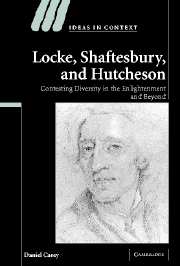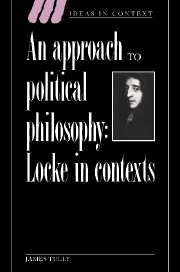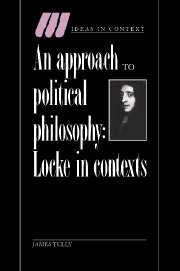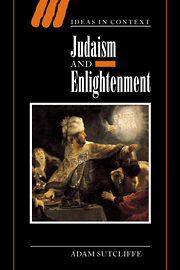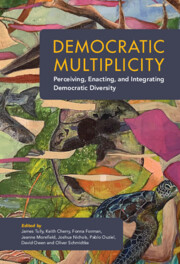Locke, Shaftesbury, and Hutcheson
Daniel Carey examines afresh the fundamental debate within the Enlightenment about human diversity. Three central figures - Locke, Shaftesbury, and Hutcheson - questioned whether human nature was fragmented by diverse and incommensurable customs and beliefs or unified by shared moral and religious principles. Locke's critique of innate ideas initiated the argument, claiming that no consensus existed in the world about morality or God's existence. Testimony of human difference established this point. His position was disputed by the third Earl of Shaftesbury who reinstated a Stoic account of mankind as inspired by common ethical convictions and an impulse toward the divine. Hutcheson attempted a difficult synthesis of these two opposing figures, respecting Locke's critique while articulating a moral sense that structured human nature. Daniel Carey concludes with an investigation of the relationship between these arguments and contemporary theories, and shows that current conflicting positions reflect long-standing differences that first emerged during the Enlightenment.
- The first major study of diversity in the English, Irish, and Scottish Enlightenments
- Important historical perspective on major contemporary debates about multiculturalism
- John Locke remains a hugely important figure in the history of ideas
Reviews & endorsements
Reviews of the hardback: 'Carey's book is bursting with interesting ideas and is an excellent addition to intellectual history and to the literature on all three of its major figures.' Eighteenth-Century Scotland
'… brilliant and scholarly … an innovative and important contribution to enlightenment historiography …' Locke Studies
'Locke, Shaftesbury, and Hutcheson is … an important book, not least for anyone interested in the origins of the Scottish Enlightenment. It is well-written, and provides an especially clear exposition of the arguments found in the key texts. It sheds new light on Hutcheson's English and Irish influences. It also suggests that the problem of diversity, once posed, could not readily be - in fact, still has not been - convincingly resolved.' The Scottish Historical Review
'… deeply researched and finely nuanced … attest[s] to a deepening interest in the relations between science and empire, broadly understood, in late seventeenth-century English worlds … it is to be hoped more will follow.' British Journal for the History of Science
Product details
July 2009Paperback
9780521117463
280 pages
229 × 152 × 16 mm
0.41kg
Available
Table of Contents
- Introduction
- 1. Locke, diversity, and the natural history of man
- 2. The uses of diversity: Locke's reply to Stoicism
- 3. Locke's anthropology: travel, innateness, and the exercise of reason
- 4. Contesting diversity: Shaftesbury's Reply to Locke
- 5. Method, moral sense, and the problem of diversity: Francis Hutcheson and the Scottish Enlightenment
- 6. Conclusion: the future of diversity
- Bibliography
- Index.

